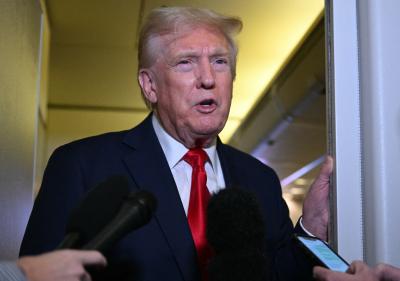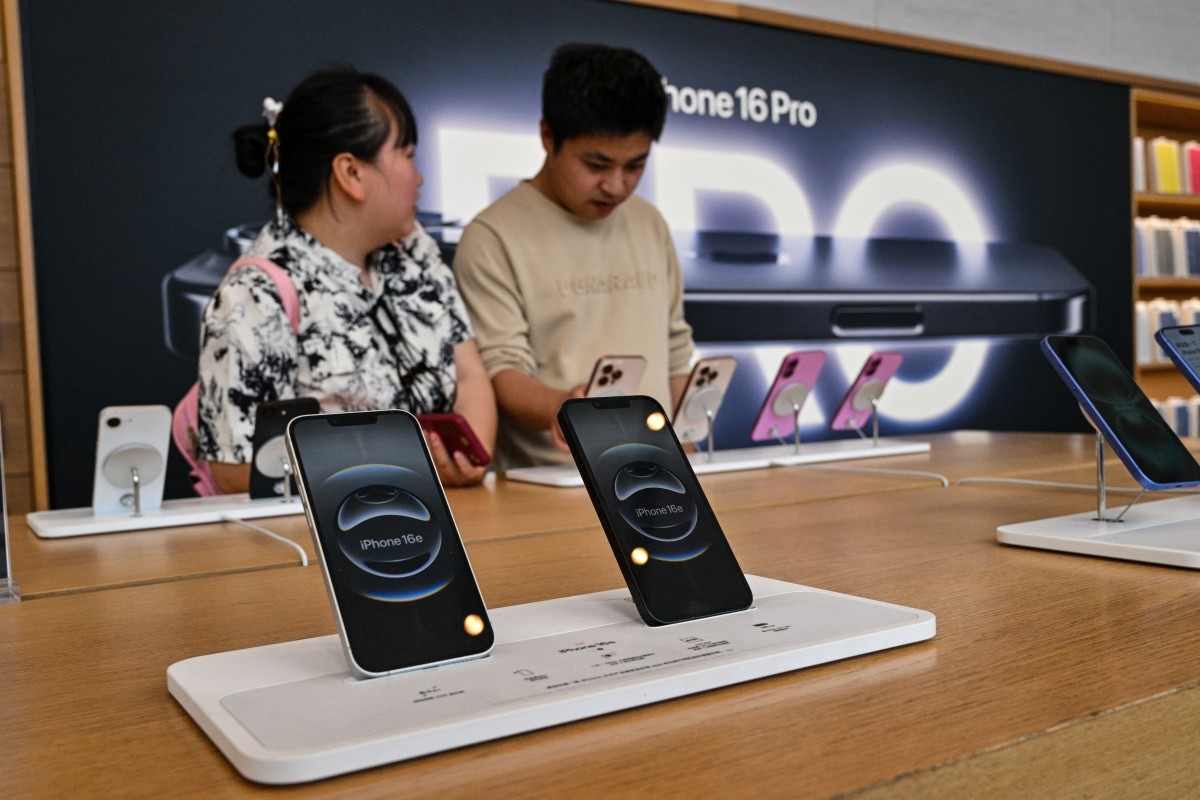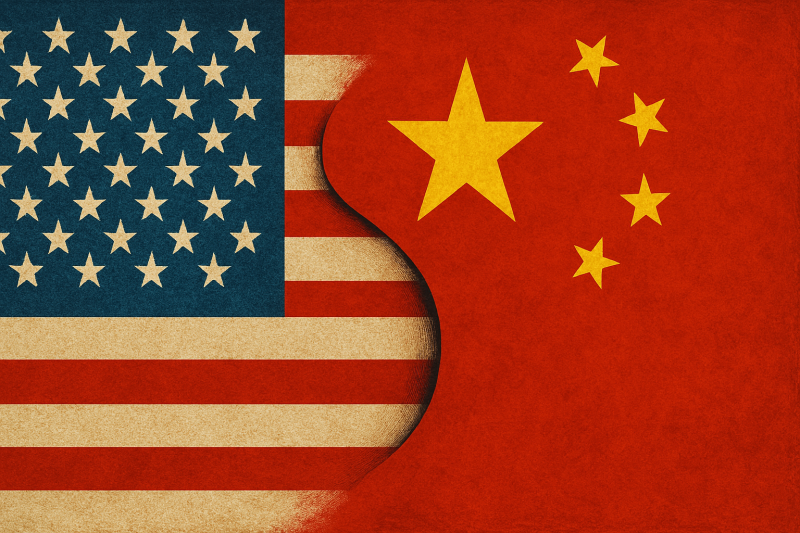For Beijing, Mr. Trump has gone too far...
The response to the tariffs goes beyond the significance of a war of numbers. It touches on the weak and secret points of the battle of the titans in the technological era the planet is experiencing in this first quarter of the 21st century.
Beijing, which controls 70% of the production and world market for rare metals as well as 90% of the processing of these metals, struck hard by deploying this lethal economic weapon: it closed off US access to this vital market that fuels the American military industry.
This is a bombshell that decapitates Trump's plan to revive American industry. This translates in real terms into China's long-term lead and supremacy in the technological and military competition between the two countries.
Mr. Trump, who had hoped Chairman Xi Jinping would call him begging for negotiation, found himself in the opposite situation. Despite repeated calls to Mr. Xi to reach out and reach an agreement to defuse their trade war, Beijing has pledged to "fight to the end." In response to the US tariffs, China imposed restrictions on exports of seven rare earth minerals, as well as other products, including permanent magnets.
China produces the vast majority of the world's rare earth minerals, a group of 17 elements that are crucial to modern technology, from magnets to lasers to LCD screens.
It should be noted that Trump, in his egotistic fashion, subsequently excluded three rare earth metals from the tariffs: yttrium, needed for the production of magnets and lasers, gallium, needed for the production of electronic chips, as well as dysprosium, needed for the robotics and avionics industries.
Any chance of US dominance in these cutting-edge technological and strategic fields has now been nipped in the bud, so to speak. The fact remains that the US now needs a long lead time to put these dominoes back in place, with enormous costs and real environmental risks.
The challenge can be summed up as follows: a significant technological lead. But in the event of a prolonged conflict between the United States and China, the ability to maintain an adequate fighting force will be decisive. This is where industrial capacity is essential; Beijing could replenish its ammunition stocks much faster than Washington.
On another industrial front, China has just revealed to Western customers the rip-off of luxury brands gouging prices in distribution countries, particularly the United States. A luxury Vuitton or Hermès bag sold in the United States for $10,000- $30,000 is produced in China for $300 - $600.
And the cherry on the cake is that China has offered Westerners wishing to purchase luxury products from any brand produced in China, a free tourist visa access for shopping at cost prices while stocks last.
Even non-artificial intelligence is “made in China.”
 French
French















